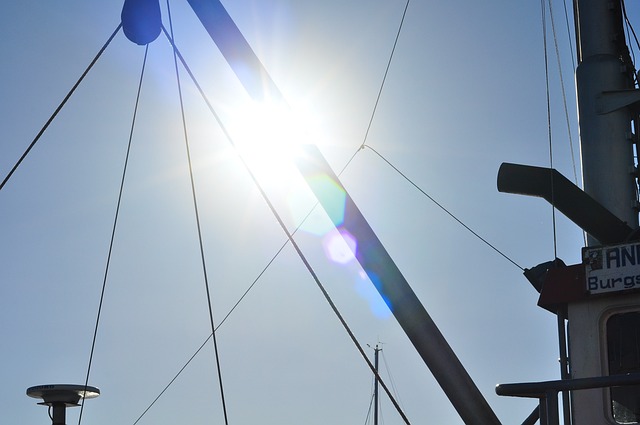pragmatic slot sale ❤ The Pragmatic Slot Sale: A New Era in Aviation Economics

The Pragmatic Slot Sale: A New Era in Aviation Economicspragmatic slot sale
In an ever-evolving aviation landscape, the concept of slot sales has emerged as a pragmatic solution to optimize the utilization of airport capacity. The burgeoning demand for air travel, coupled with limited infrastructure, has compelled airlines and airport authorities to explore innovative mechanisms for managing available slots. This report delves into the intricacies of slot sales, examining their implications for airlines, passengers, and the broader aviation industry.pragmatic slot sale
At the core of the slot sale model is the recognition that airport slots—specific time periods allocated for aircraft takeoff and landing—are finite resources. With air traffic projected to increase significantly in the coming years, the effective management of these slots has become paramount. Traditional allocation methods, often based on historical usage, have struggled to accommodate the dynamic nature of the market. The pragmatic approach of slot sales offers a more flexible and economically sound alternative.
Slot sales operate on the principle that the highest bidder for a slot should gain access to it, thereby ensuring that these valuable assets are utilized by those who can derive the most economic benefit from them. This market-driven strategy not only encourages airlines to optimize their operations but also promotes competition, ultimately benefiting consumers through improved service offerings and potentially lower fares.
One of the most compelling aspects of slot sales is the potential for increased efficiency at congested airports. As airlines navigate their operational strategies, those who acquire slots through purchase can implement more effective scheduling practices, reducing delays and enhancing the overall passenger experience. By allowing airlines to buy and sell slots, the market can self-regulate, leading to a more balanced distribution of air traffic.
Moreover, slot sales can have significant financial implications for airports. The revenue generated from these transactions can be reinvested into infrastructure improvements, ensuring that airports can accommodate the growing number of travelers. This reinvestment is crucial for maintaining competitiveness in the global aviation market, where passenger experience and operational efficiency are paramount.pragmatic slot sale
However, the slot sale model is not without its critics. Concerns have been raised about the potential for monopolistic practices, as larger airlines may dominate the market and acquire the majority of desirable slots. This could stifle competition and limit the entry of new players into the market, ultimately impacting passenger choice. Regulators must therefore tread carefully, ensuring that appropriate safeguards are in place to maintain a level playing field.pragmatic slot sale

Another critical consideration is the impact of slot sales on regional connectivity. Smaller airlines that serve less-trafficked routes may find it increasingly difficult to compete in a market where slots are sold to the highest bidder. This could lead to a reduction in service to underserved regions, further exacerbating existing disparities in air travel access. Policymakers must ensure that the benefits of slot sales do not come at the expense of vital regional connections.
In addition, the environmental implications of increased slot sales merit attention. As airlines expand their operations to capitalize on newly acquired slots, the potential for increased carbon emissions due to higher flight frequencies cannot be overlooked. The aviation industry must balance economic growth with environmental sustainability, and any model that encourages increased air traffic should be accompanied by robust measures to mitigate its ecological impact.pragmatic slot sale

Looking ahead, the pragmatic slot sale model represents a significant shift in how airport capacity is managed. As the global demand for air travel continues to rise, the ability to adapt and innovate will be crucial for the aviation sector's resilience. Stakeholders must engage in open dialogues to address the potential challenges while harnessing the opportunities presented by this evolving approach.
In conclusion, the pragmatic slot sale presents a complex yet promising avenue for optimizing air travel in an increasingly crowded sky. While it offers the potential for enhanced efficiency, increased revenue for airports, and improved service for passengers, it also raises important questions about competition, regional connectivity, and environmental sustainability. As the aviation industry navigates this new terrain, a balanced approach will be essential to ensure that the benefits of slot sales are felt across the spectrum, from major airlines to regional carriers and the passengers they serve. The future of aviation economics may very well depend on how effectively these challenges are addressed in the context of a market that is rapidly changing.
Fale conosco. Envie dúvidas, críticas ou sugestões para a nossa equipe através dos contatos abaixo:
Telefone: 0086-10-8805-0795
Email: portuguese@9099.com


